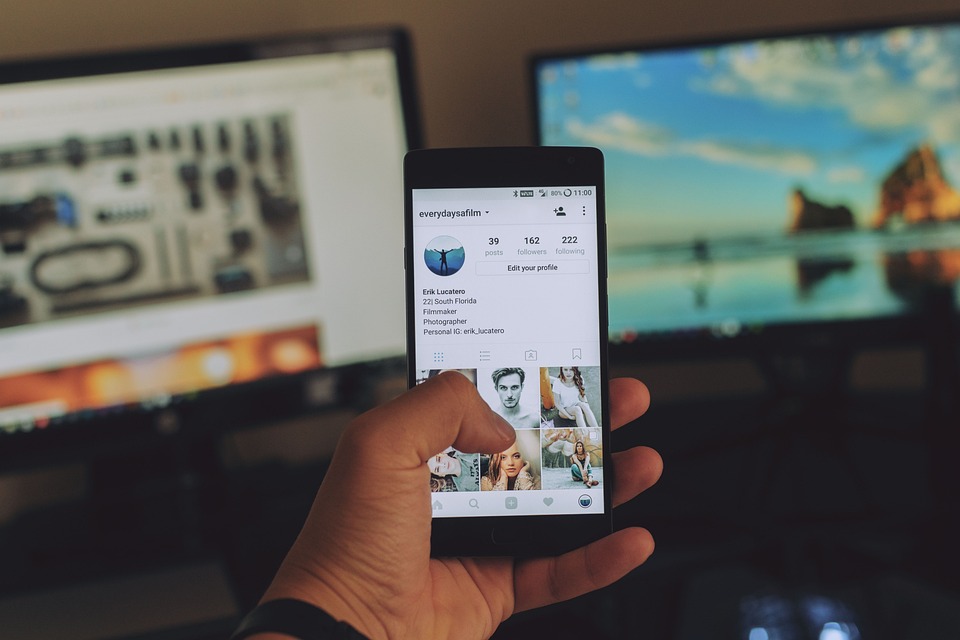Understanding the Psychology of Prejudice and Discrimination
Prejudice and discrimination are unfortunately prevalent aspects of society, affecting individuals of all backgrounds. While many may view these phenomena as simply individual acts of bias, understanding the psychology behind prejudice and discrimination is crucial in order to combat these harmful behaviors. By taking a closer look at the cognitive processes and social influences that contribute to prejudice and discrimination, we can better understand how these beliefs and actions manifest in society.
The Role of Cognitive Processes
Prejudice and discrimination often stem from cognitive processes that categorize individuals into certain groups based on perceived characteristics. This categorization can lead to the development of stereotypes, which are oversimplified and generalized beliefs about a particular group. Stereotypes can be positive or negative, but when negative stereotypes form the basis for discrimination against individuals, it can have harmful consequences.
One key cognitive process that contributes to prejudice and discrimination is in-group bias, which refers to the tendency to favor one’s own group over others. This bias can lead to prejudice against out-groups, as individuals may view those outside of their group as inferior or threatening. In-group bias can also reinforce stereotypes and lead to discriminatory behavior towards individuals who are perceived as different.
Social Influences on Prejudice and Discrimination
While cognitive processes play a significant role in the development of prejudice and discrimination, social influences also play a crucial role in shaping these beliefs and behaviors. Socialization, or the process by which individuals learn the norms and values of society, can contribute to the perpetuation of prejudice and discrimination. From a young age, individuals are often exposed to biases and stereotypes through family, peers, media, and other social institutions.
Group dynamics also play a significant role in the perpetuation of prejudice and discrimination. Group polarization, which occurs when individuals in a group tend to adopt more extreme views than they initially held, can lead to the reinforcement of prejudiced beliefs. Groupthink, or the tendency for group members to conform to consensus opinions, can also contribute to the maintenance of discriminatory attitudes within a group.
Impact of Prejudice and Discrimination
Prejudice and discrimination can have profound impacts on individuals and communities. Those who are targets of prejudice and discrimination may experience negative psychological effects, such as low self-esteem, anxiety, and depression. They may also face barriers to opportunities and resources, such as employment, housing, and education.
Furthermore, prejudice and discrimination can perpetuate inequality and social injustice. When individuals are denied equal rights and opportunities based on their race, gender, sexual orientation, or other characteristics, it can lead to systemic discrimination and marginalization. This can create a cycle of inequality that is difficult to break without addressing the root causes of prejudice and discrimination.
Combating Prejudice and Discrimination
Addressing prejudice and discrimination requires a multi-faceted approach that involves both individual and societal change. Education and awareness-raising initiatives can help individuals recognize and challenge their own biases and assumptions. By promoting empathy, understanding, and respect for diversity, we can create a more inclusive and accepting society.
Legislation and policies that protect the rights of marginalized groups and promote equality are also crucial in combating prejudice and discrimination. By enacting laws that prohibit discrimination in areas such as employment, housing, and education, we can create a more equitable society that values diversity and inclusion.
Conclusion
Prejudice and discrimination are complex phenomena that are shaped by a combination of cognitive processes and social influences. By understanding the psychology behind prejudice and discrimination, we can work towards creating a more just and equitable society. By challenging our own biases, promoting empathy and understanding, and advocating for policies that protect the rights of all individuals, we can combat prejudice and discrimination in all its forms.
